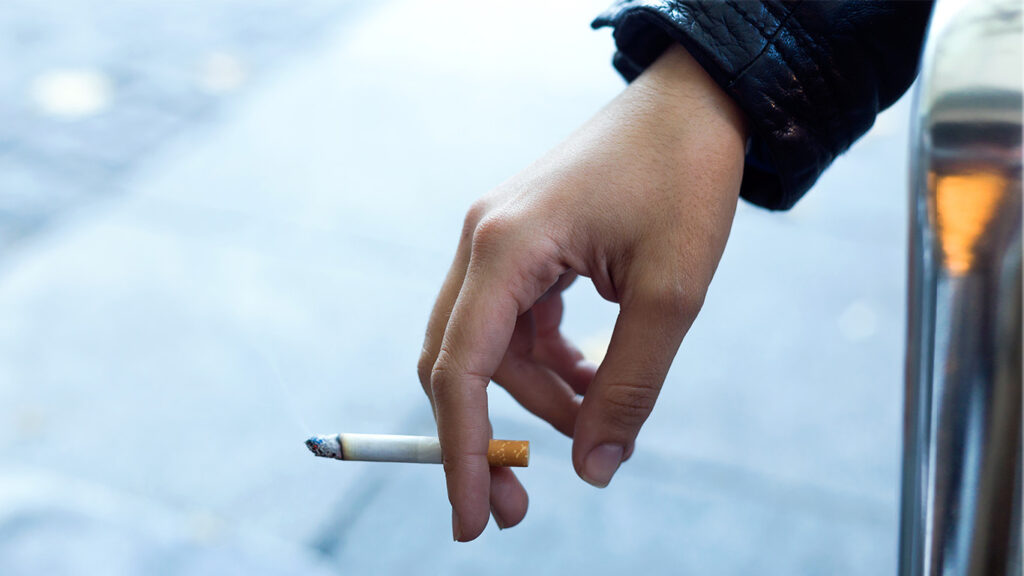A recent cross-sectional study shows alarming results on exposure to tobacco smoke in cars in Spain and the United Kingdom. Environmental tobacco smoke is highly harmful to the health of non-smokers, especially when they are in closed vehicles, according to research coordinated by the Barcelona Public Health Agency (ASPB) with the participation of the Red Biomedical Research Center (CIBER), the Bellvitge Biomedical Research Institute (IDIBELL) and the Catalan Institute of Oncology (ICO) published in the journal Environmental Research.
Environmental tobacco smoke is what a person exhales when they smoke and is inhaled by nearby people who are not smoking. The health risks for those exposed to secondhand smoke in cars are much more significant than in other indoor areas, although exposure periods are typically short. The results of the research, carried out within the framework of the TackSHS project and led by Mª José López, principal investigator in the Epidemiology and Public Health area of the CIBER (CIBERESP) and the ASPB, shows that there is a clear impact to the health of non-smokers, especially children, when smoking is allowed inside the vehicle.
The study recruited a sample of drivers in Spain and the United Kingdom and is the first investigation in Europe to monitor exposure to environmental and residual tobacco smoke in private vehicles of smokers and non-smokers.
Of the 45 cars analyzed, “air nicotine concentrations,” an indicator of exposure to tobacco smoke, were found to be worryingly high in vehicles owned by smokers. In addition, high concentrations of residual tobacco smoke compounds were also discovered, a more recent term that refers to the residue and toxic particles left on the surfaces of cars.
The study found that concentrations of all residual smoke compounds in cars were up to six times higher than in non-smoking cars. The scientific community confirms that non-smokers exposed to tobacco smoke daily have up to a 20% higher risk of lung cancer and a 25% higher risk of heart attack.
The study’s authors point out that “the study shows the need for greater public awareness about the risks of tobacco smoke in vehicles, and we also want to highlight the importance of implementing effective regulatory measures to protect the health of non-smokers, especially minors.”
The Bellvitge Biomedical Research Institute (IDIBELL) is a biomedical research center created in 2004. It is participated by the Bellvitge University Hospital and the Viladecans Hospital of the Catalan Institute of Health, the Catalan Institute of Oncology, the University of Barcelona and the City Council of L’Hospitalet de Llobregat.
IDIBELL is a member of the Campus of International Excellence of the University of Barcelona HUBc and is part of the CERCA institution of the Generalitat de Catalunya. In 2009 it became one of the first five Spanish research centers accredited as a health research institute by the Carlos III Health Institute. In addition, it is part of the “HR Excellence in Research” program of the European Union and is a member of EATRIS and REGIC. Since 2018, IDIBELL has been an Accredited Center of the AECC Scientific Foundation (FCAECC).

